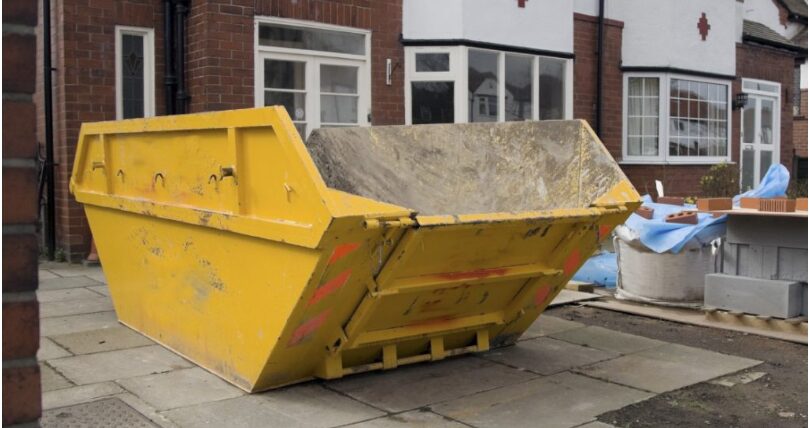Taking on a major cleanout, renovation or construction project often requires hiring a skip bin to handle the resulting waste and debris. With skip bin hire like Skip Bin Finder coming in a range of sizes, knowing what capacity to look for allows you to secure the perfect skip bin for your specific requirements.
Follow this guide to identify the ideal skip bin for your upcoming project.
Assess Your Waste Volume
Carefully estimate how much waste you expect to generate, including materials like concrete, soil, wood, packaging and general refuse. This determines what skip size makes sense.
A 2 cubic meter skip suits smaller household cleanouts under 1 tonne of waste. Larger renovations producing 5+ tonnes need bigger 4-8 cubic meter skips. Take measurements and photos of debris piles to better visualize volumes. Overestimate rather than underestimate for planning. Account for irregularly shaped items taking up more room. Aim to fill the bin close to capacity to maximize value.
Consider Weight Limits
Standard 2-4 cubic meter skips accommodate around 1 tonne safely. Bigger demolition or construction skips have higher weight limits of up to 5 tonnes for heavy materials.
Exceeding a bin’s weight capacity stresses the frame and poses hazards. Select a robust skip rated for your waste weights. Weigh a loaded wheelbarrow on bathroom scales to estimate weights of dense materials like dirt, concrete or tile. Distribute extremely heavy items evenly rather than concentrating weight in one area of the bin.
Choose Accessible Dimensions
Standard skip widths range from 2-3 meters. Height is typically 1-1.5m. Ensure you have clearance around electrical lines, trees or structures when positioned. Also consider ease of loading from heights like upper floors. Compact mini skips suit tight sites with height or width constraints. Measure gates, slopes and tight turns the skip must navigate to reach your location on the property. Temporary removal of obstructions like fence panels may be required to allow delivery and pickup access.
Determine Optimal Positioning
Decide where the skip can be located for loading/unloading. Measure access paths to ensure sufficient clearance to deliver and remove the bin with ease. Proper positioning prevents difficult maneuvering that could damage property or the skip. Consider proximity to the waste piles for easier loading. But also allow a working room around the bin. Avoid positioning skips under trees and overheads where falling debris could cause injury.
Review Local Council Regulations
Check with your local council on permit requirements for placing skips on public property. Some limit location, duration and waste type. Abiding by regulations avoids fines and premature removal fees. Obtain permits well in advance in case delays arise from red tape. Factor permit lead times into scheduling. Let neighbors know in advance about the skip if it impacts the public area near homes.
Rent for Realistic Timeframes
Renting extra time beyond what you need adds unnecessary cost. But underestimating and needing extensions also incurs fees. Allot time to fill the skip, factoring in bad weather that could cause delays. Give a buffer for unforeseen issues. Build a complete project timeline accounting for waste removal milestones. Pad estimates to allow leeway. Book early as skip availability fills during peak construction seasons. Last minute orders carry surcharges.
Compare Skip Providers on Price
Research multiple skip hire companies on factors like rental rates, additional fees and reputation. Avoid choosing only on the cheapest headline price. Vet quality of bins, customer service and flexibility around extensions or changes. Get binding all-inclusive quotes accounting for fees, taxes, loading/unloading, etc. Avoid bill shock from hidden costs. Ask about loyalty discounts for repeat customers completing multiple projects requiring skips.
Verify Licensed and Insured Services
Always hire licensed skip companies displaying their license number on the bins. Check they carry adequate liability insurance. This protects you from injuries and damages that could occur on your property during rental. Request certificates of insurance and confirm policy coverage amounts meet local requirements. Ensure licensing and insurance applies to all subcontractors handling your skip.
Conclusion
With the right bin size, weight limit, placement, and rental duration, your project waste can be removed affordably and efficiently. Avoid overpaying for capacity you won’t use or ordering insufficient capacity that requires an upgrade. Careful planning ensures a smooth experience and optimal value.
